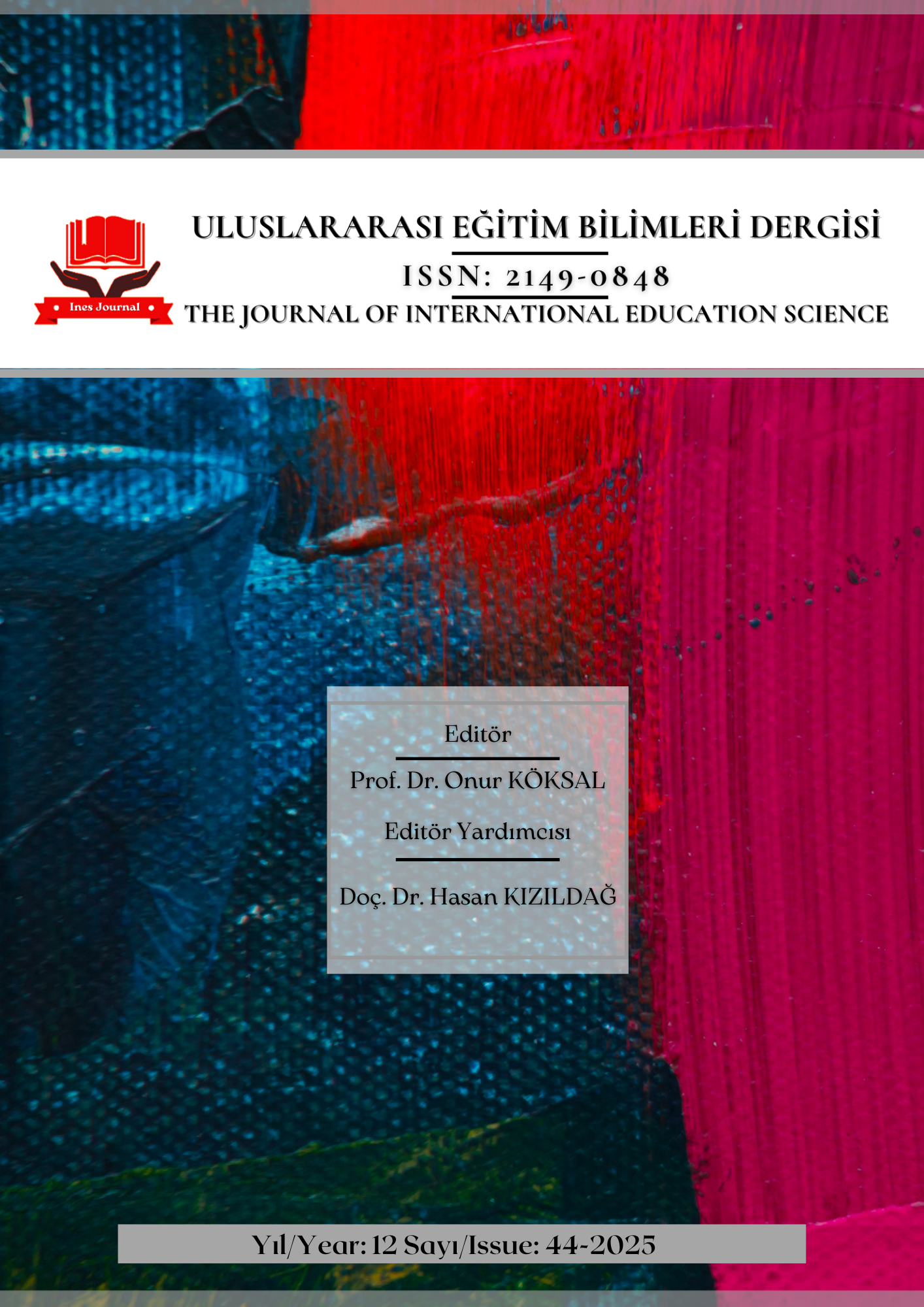Author :
Abstract
Bu araştırma ile sanal deneylerin ortaokul 5. sınıf öğrencilerinin fen bilimleri dersine olan fene yönelik tutumlarına etkisini araştırmak amaçlanmıştır. Araştırma kapsamında yarı deneysel kullanılmıştır. Araştırmanın çalışma grubunu 5. sınıfta öğrenim görmekte olan 26 öğrenci oluşturmuştur. Araştırmada veri toplama aracı olarak Fene Yönelik Tutum Ölçeği kullanılmıştır. Toplamda 8 haftalık bir süreci kapsayan araştırma “Işığın Yayılması” ünitesine ait kazanımlar doğrultusunda yürütülmüştür. Bu kapsamda deney grubunda sanal deneyler gerçekleştirilirken, kontrol grubunda gerçek deneyler ile deneyler ile dersler yürütülmüştür. Uygulama süreci haftada iki ders saati olacak şekilde planlanmıştır. Verilerin analizinde İlişkili Örneklemler İçin Wilcoxon işaretli Sıralar Testi ve Man Whitney U-Testi kullanılmıştır. Araştırma sonucunda sanal deneyler yapılan ve gerçek deneyler yapılan her iki grubun da fene yönelik tutumlarında son test puanlarında ön test puanlarına göre anlamlı bir artış meydana geldiği saptanmıştır. Ayrıca iki grubun son test puanları arasında, gerçek deney yapılan grup lehine anlamlı bir fark bulunduğu tespit edilmiştir.
Keywords
Abstract
This research aims to investigate the effect of virtual experiments on the attitudes of 5th grade middle school students towards science. A quasi-experimental design was used in the study. The study group consisted of 26 students in the 5th grade. The Science Attitude Scale was used as the data collection tool in the study. The research, which covered a total of 8 weeks, was conducted in line with the learning outcomes of the ‘Propagation of Light’ unit. In this context, virtual experiments were conducted in the experimental group, while real experiments were conducted in the control group. The application process was planned to be two class hours per week. The data were analysed using the Wilcoxon Signed-Rank Test and the Mann-Whitney U-Test for related samples. The results of the research revealed that both the virtual experiment group and the real experiment group showed a significant increase in their attitudes toward science in the post-test scores compared to the pre-test scores. Additionally, a significant difference was found between the post-test scores of the two groups, favouring the real experiment group.





